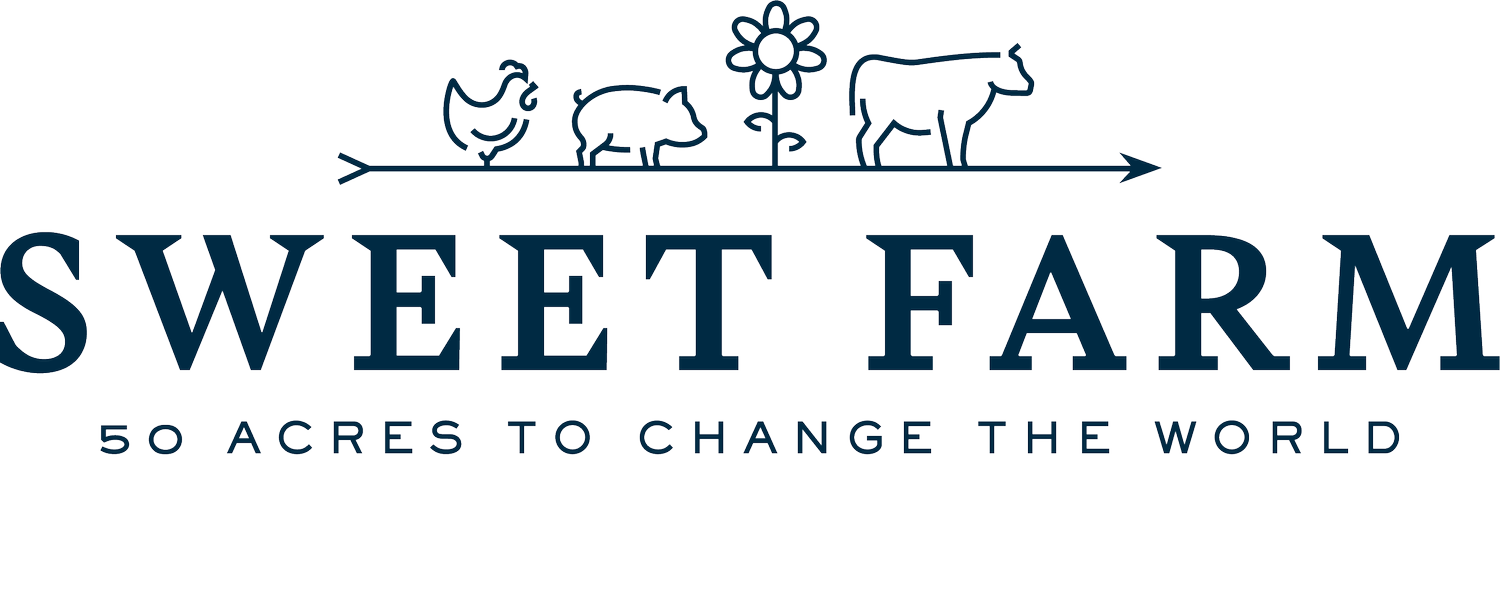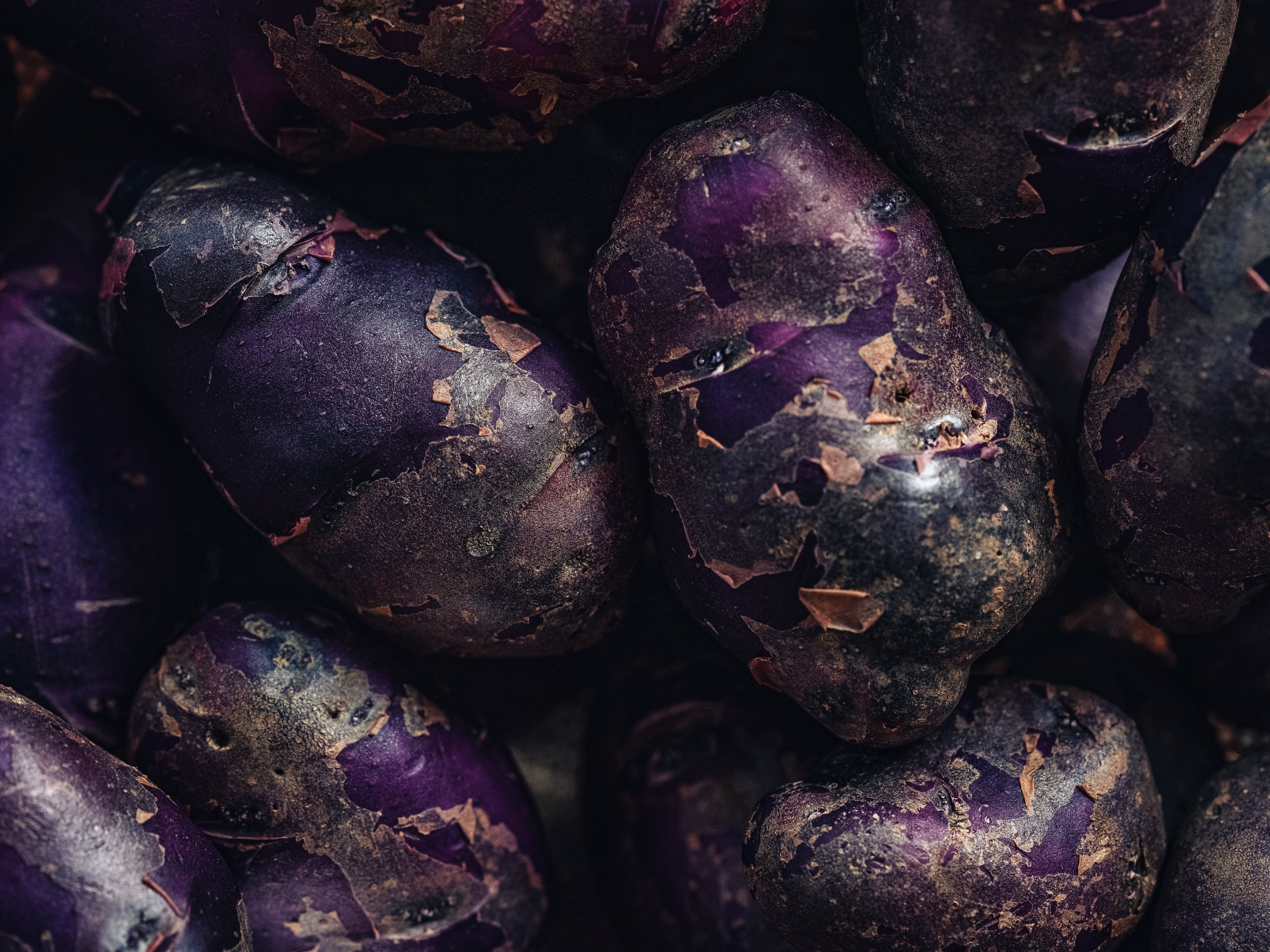Happy National Gardening Day!
Where to start?
So many people want to grow their own food and just don't know where to start. There are so many sources of information now, so many seeds, so many gardening supplies...it can indeed be quite overwhelming. So where do you start?
Start small! The route to success is to start slowly and not to bite off more than you can chew. Start in a planter, or just clear a few feet of grass in your yard! Okay, but then what?? Well, then you need to decide what you really want to grow. Only grow things you and your family want to eat. That may seem obvious, but it can really be tempting to grow things just to try them out, or in hopes that you will like them more if you grow them yourself! Choose a few of your favorite veggies, or things you would like to have access to fresh from your own garden.Then, decide if you want to grow from seed or buy small plants at a local garden center.
Some of the veggies that are the easiest to grow from seed are green beans, radishes, cucumbers, and lettuce. Seed Savers Exchange has a great bundle of beginners' seeds, which could provide you with a good place to start if you want to start from seed (the much less expensive option!). Growing from seed is super easy, and seed packages have instructions on exactly how to grow the contents! Our January newsletter gave you some great sources for seeds and told you how to find your growing zone, and it's still not too late to get a lot of things started from seed instead of having to rely on your local garden center!
Another easy place to start growing is with potatoes! Our recent social media post tells you just how easy. Got potatoes that sat in your pantry too long? Put them in the ground. Seriously. It's that simple.
Here's what we are planting in the ground outdoors in April
Veggies: potatoes, cauliflower & broccoli (transplanting from seeds we started indoors), cabbage (transplanting), kale (transplanting), turnips (direct sown), beets (direct sown), spinach (direct sown), lettuces (direct sown), carrots (direct sown), radishes (direct sown), shell peas (direct sown)
Flowers: sweet peas (transplants and directly sown), snapdragons (transplants and directly sown), stock (transplants and directly sown)
Herbs: cilantro (direct sown), rosemary (transplants), dill (direct sown)
Start seedlings indoors to get a jump on the season
If you live in a colder climate, you will have a shorter growing season. That means that many plants that can't go in the ground before the danger of frost has passed (like tomatoes and peppers) may need to be started inside before then in order for them to have enough growing time to make a lot of fruit for you. So you can either start seeds indoors now (you still have time!), or just purchase starts (young plants) from a local garden center if you want to grow those this summer. The great thing about starting plants from seeds is that it is incredibly inexpensive to buy seeds (just a few bucks a packet for sometimes hundreds of seeds aka, potential plants!), and that you can pick and choose exactly which variety you want to grow. Oftentimes the starts you find are very limited in their variety. For example, there are over 5,000 types of peppers you can grow, and you may only see two kinds at a garden center!
But whether you want to grow from seed or from starts, the most important thing is to JUST GET STARTED. Don't get held up on doing everything exactly the way you want to or think you should be doing it. Doing something imperfectly is always better than not doing anything at all.
How Does Gardening Help You and the Planet?
When you grow your own fruits and vegetables, you eat more of that food group than you ordinarily would. And getting your kids involved in growing is an incredibly effective way to get kids to eat more fruits and veggies too! Homegrown food is also significantly higher in nutrition than food in the stores, and gardening has been shown to reduce stress and anxiety!




